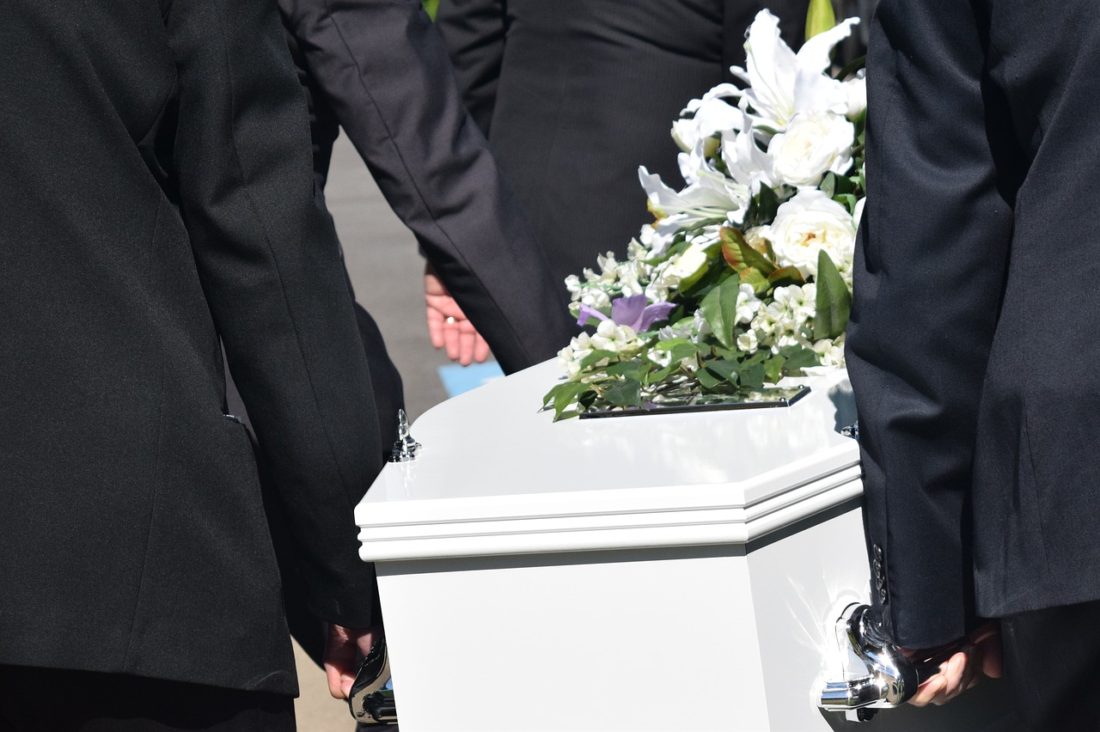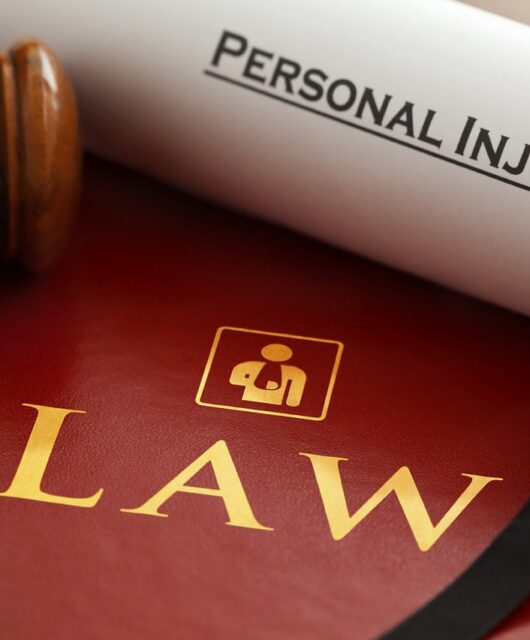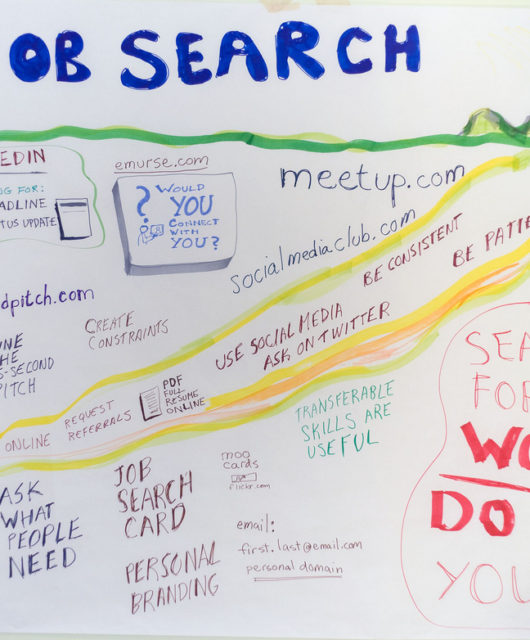How to Deal With a Loved One’s Sudden Accidental Death

Whether it’s a spouse, child, sibling, or parent, suddenly losing a loved one in a horrific accident can be devastating. It’s enough to knock the breath right out of your lungs and leave you feeling hopeless. But as challenging as it may be, you have to pick yourself up and confront this terrible situation in a responsible manner.
4 Things To Think About and Do
Death is never easy to deal with, but one of the greatest challenges of a sudden, accidental death is that you have no time to prepare for it. Unlike when someone deals with a long-term disease or shows signs of slipping away, a sudden death leaves you with no time to prepare – emotionally or practically. Keeping this in mind, here are a few things you should do in the immediate aftermath.
-
Gather Information
An accidental death is always a shock. Whether it’s a car wreck, shooting, fall, or something else entirely, there’s always a natural reaction: How? Why? When? Where? The questions keep coming with no apparent end in sight.
While you’ll eventually need to get an attorney involved to review your rights and get to the bottom of the issue, it’s never too early to gather information and figure out what happened. Not only is this an important step in the legal process, but it can also supply you with the resources you need to eventually pursue closure.
-
Notify the Appropriate Parties
Once the death of a loved one is confirmed, you’ll need to do the difficult part of contacting the appropriate parties.
“The very first step is to contact the Vital Statistics office in the state in which the death occurred and obtain several certified copies of the death certificate. You also may be able to request it through the funeral home,” Clark Randall writes for USA TODAY.
With death certificates in hand, you can then start the process of finding the executor in the will, contacting financial institutions, calling service providers, reaching out to government agencies, and dealing with insurance.
-
Speaking With an Attorney
“Losing a loved one is never easy. When the loss is caused by another individual’s or company’s negligence, though, the pain and the tragedy are compounded,” Murphy Law Firm explains. “In addition to facing the immeasurable emotional damage that comes from losing someone close to you, your family may face the burden of unexpected and costly medical bills, funeral bills, and similar expenses.”
As previously mentioned, it’s a good idea to speak with an attorney so that he or she can at least walk you through your choices. You may or may not pursue different options, but at least you’ll know they exist.
-
Grieve Properly
Finally, you have to make time for grieving. While the first couple weeks after a sudden death are often filled with legal and financial responsibilities, you’ll eventually come to a point where you’ll have the time and space to confront what has happened. Confront these emotions head on and let the grieving process unfold as it may.
Don’t Do it Alone
Everyone responds to death in different ways, but one of the worst things you can do is slip away into your own world and ignore everyone else. Trying to cope with the death of a loved one is difficult enough. Attempting to do it on your own will take an even greater toll on your mind and body. And as difficult as it may be, you need to force yourself to be around your loved ones in this trying time. There is power in numbers and you need your family as much as they need you.









